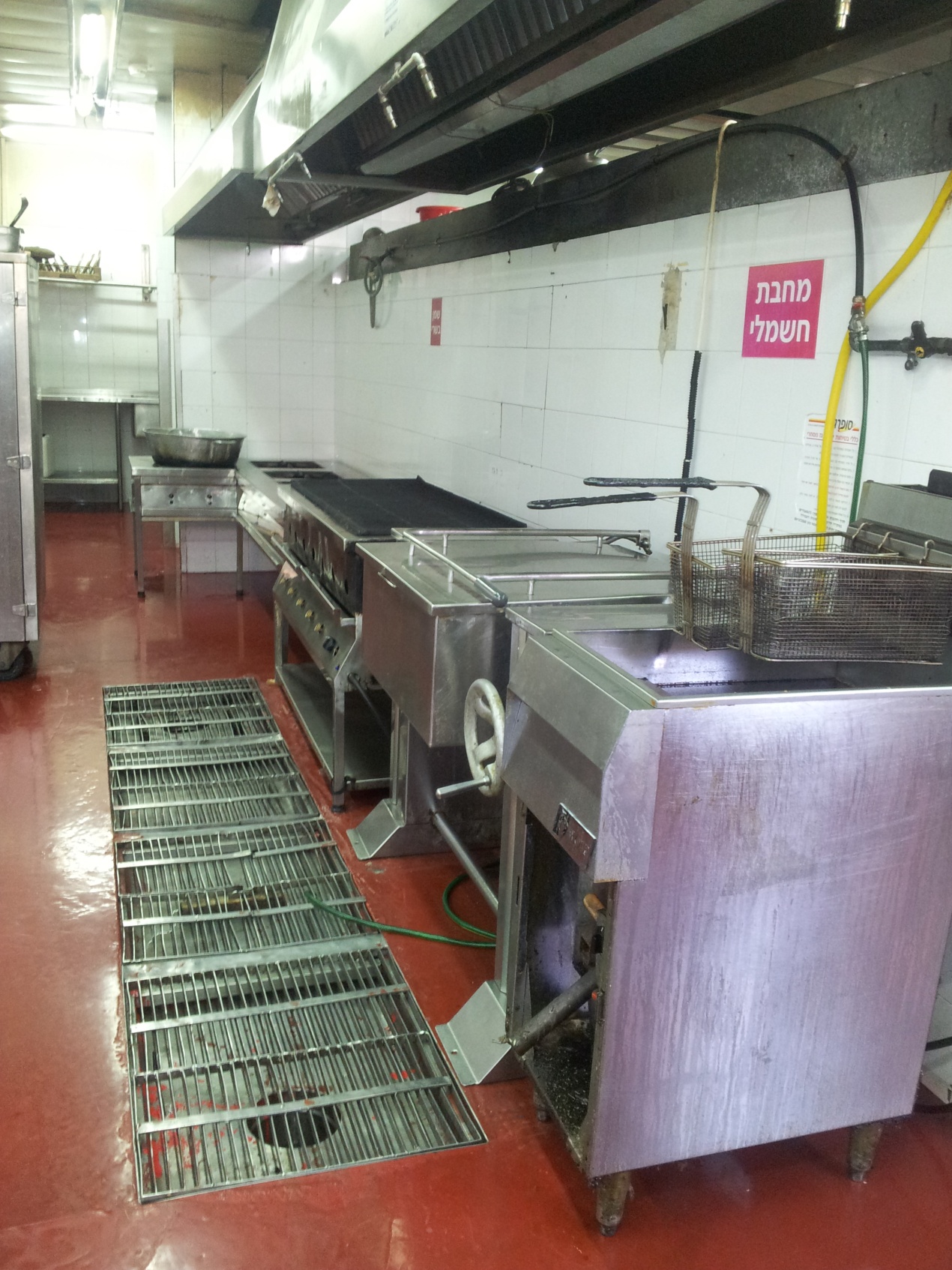In the modern industrial world, environmental responsibility is becoming an integral part of almost every business. There is a trend towards increased enforcement and awareness as well as improved technology in dealing with industrial wastewater. Public criticism, heavy fines, and legal actions are real and immediate dangers to businesses that continue to harm the environment.
Industrial pollution is not similar in scope and severity to household pollution. In the industrial sector, a single business can have a substantial effect on overall pollution. Sometimes, simple actions and adjustments are enough to prevent the release of prohibited wastewater into the sewage system.
Every industry sector has different pollutants and different challenges to deal with in order to comply with environmental regulations. Wastewater sampling will include the appropriate parameters such as pH level, organic load (reflected in the measurement of BOD, biochemical oxygen demand, or COD, chemical oxygen demand), and others. Among other pollutants, specific pollutants relevant to the plant or business will be sampled. The main cause of pollution in garages, for example, is grease and oils which flow to the sewage. Therefore, both oils and fats will be sampled as well. We will focus on the restaurant sector as a case study.
All regulations are collected in the General Regulations for water and sewage. For each pollutant a threshold is established, defining excessive and/or prohibited wastewater levels. The regulations also specify which pollutants will be sampled for each type of business and at what frequency.
Typical contaminants in the restaurant sector include oils and fats, salts, detergents and high organic loads. Oils, which mainly originate from frying, can cause damage to the sewage system and make treatment at the wastewater treatment plant harder. Salts can come from preserved-food liquids, but also from food processing and from some of the cleaning processes. Detergents reach wastewater as a result of using cleaning products that are not environmentally friendly, and can damage soil amongst others. Organic materials are always present in wastewater, but in this sector can be found in particularly high concentrations, particularly as a result of pouring leftover liquid food into the sink for example. Higher concentration of organic matter will also affect treatment efficacy at the wastewater treatment plant.
Some cases will require changes at infrastructure level to reduce pollution, such as installing a settling chamber or fat separator, adjusting a current settling chamber and, in some cases, separating wastewater streams (e.g. one stream passing through the separator and another bypassing it). Sometimes, adapting the cleaning materials and procedures can be sufficient. Orderly disposal of oils or salts can significantly decrease pollution. Oil can also be soaked up with absorbent paper and dumped as organic trash rather than being drained. Another option is to try and reduce the overall use of oil and thus add nutritional benefit to environmental benefit. It is always recommended to switch to environmentally friendly cleaning products which are non-salt based (like chlorine).
Correct treatment of the wastewater can yield significant economic benefits for businesses. First and foremost is obviously avoiding heavy fines. Further economic benefit can be had by selling used oils. In addition, proper conduct reduces overall consumption and allows savings on raw materials, water consumption as well as saving time and labor. Proper long-term action also lends businesses a positive green image.
In order to begin implementing the appropriate measures, the company should first appoint an environment officer whose responsibility will be to assist in assimilating the required changes. It is important to update existing work practices, including routine operating procedures, manufacturing processes, shift-start and shift-end procedures, etc. Next, suitable training is to be arranged for employees required to take part in the implementation, contracts should be entered into with a waste-collection company (depending on the sector; e.g. collection of oils or salts) and new equipment should be ordered as necessary (from small items such as paper towels to drains and separators).
To ensure long term assimilation within the organization, there are a few recommendations: Use a log to track removal of oils, etc. (depending on the materials used in the sector), ensure a clear role division within the organization, collaboration between different parts of the organization, an understanding of the need and economic benefit in implementing the recommendations and long-term monitoring of the process.
In summary, the treatment of wastewater at the source is now a basic need of many industrial sites. Proper care is not always complex or expensive, and can translate into economic benefits. It is important to understand the specific needs of the business and tailor a long-term action plan accordingly.
